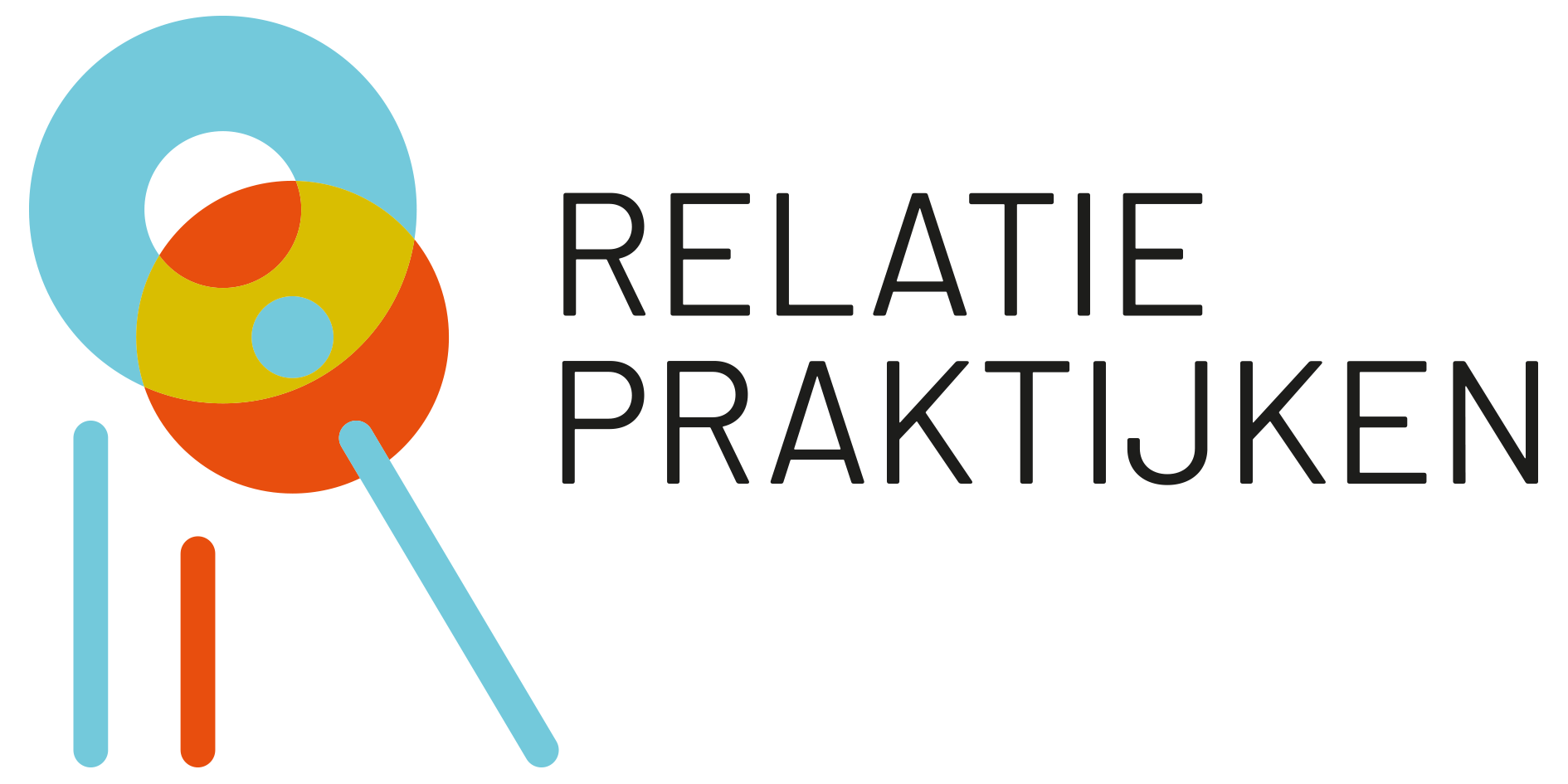Adolescent won’t talk
Attachment-based training, such as “HoldMeVast-LetMeLoose,” can play a crucial role in supporting parents and their withdrawn teen when communication is a challenge.
Adolescent won’t talk
An adolescent who refuses to talk can have a profound impact on the teen’s family and development, and this training provides concrete tools and insights to address this situation.
Concerns and frustrations
When an adolescent chooses to remain silent, it can cause a lot of worry and frustration for parents. Parents often feel powerless and concerned about what is going on in their teenager’s life. This lack of communication can result in increasing tensions in the family. Parents can end up in a vicious cycle of worry, blame, and frustration, which can damage relationships between them.
Emotional growth and resilience
The impact on teenage development is equally significant. Communication is essential for their emotional growth and resilience. When a teenager cannot turn to their parents or learn how to express their emotions and concerns, it can lead to emotional repression and a sense of isolation. This, in turn, can lead to behavioral problems, depression, anxiety and reduced self-esteem in the teenager.
The “HoldMeFast-LetMeLoose” training course
This training is based on attachment theories, provides a framework to address these challenges. It emphasizes the importance of understanding the teen’s emotional needs and creating a safe environment in which they can express themselves without fear of rejection. Parents learn skills such as empathetic listening, open communication, and regulating their own emotions. This training encourages parents to reconnect emotionally with their teen even if the teen is acting withdrawn.
Restore communication
By participating in this training, parents can better understand why their teen is silent and learn how to restore communication. This can improve the teen’s emotional health and restore family dynamics. It strengthens bonding between parents and teens and provides a solid foundation for the teen’s continued development. Self-esteem can improve and they learn to reach out when they need to.
Conclusion
“HoldMeVast-LetMeLoose” can be a valuable tool for parents of withdrawn teens. It helps them understand their teen’s emotional needs and create a safe space for open communication. This is critical to restoring family dynamics and positively affecting the teen’s development.

